Tagging calves with electronic identification (EID) tags will cost farmers at least €2.4m from 2023.
This week, the Department of Agriculture in the Republic of Ireland announced that it is pushing ahead with compulsory EID cattle tagging and from 1 July 2022, all calves will have to be identified under law with a tag set containing an EID tag.
Almost 2.4m calves were born in 2020, and with an EID tag costing at least €1 per set of tags, farmers are facing an extra €2.4m in costs.
From 1 January 2022 all approved bovine tag suppliers will be required to supply an EID tag with all new tag orders. Each new tag set will include one EID tag and one tissue tag. The colour of conventional and tissue tags will remain yellow.
The Department has said that it is “working on a tag subvention scheme to assist herd keepers in offsetting the additional cost of the EID tag.” The Irish Farmers Journal understands that discussions are under way at the Department about a €100 subsidy per farmer, to offset the EID tag costs.
A Department spokesperson told the Irish Farmers Journal: “At some point in the future, when a significant number of animals in the national herd are identified with an EID tag, consideration may be given to requiring all animals being traded/sold to be tagged with an EID tag.”
The cost of EID tag sets for calves ranges from €3.95 to €4.09.
IFA animal health chair Pat Farrell said: “The vast majority of suckler and dairy farms will only experience increased costs for tags and readers, while meat factories, factory feedlots, exporters, marts, Department of Agriculture inspectors and vets will accrue the benefits from compulsory EID.”
The IFA said that compulsory bovine EID is not an EU requirement and that it is a Department of Agriculture decision.



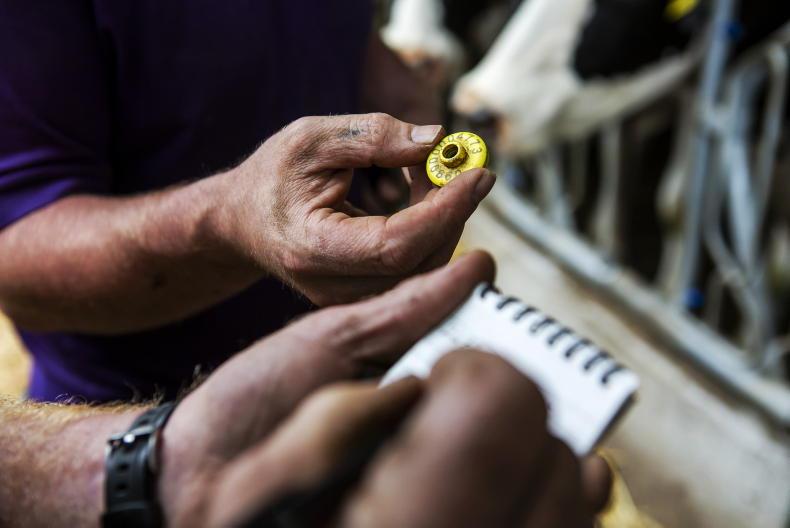

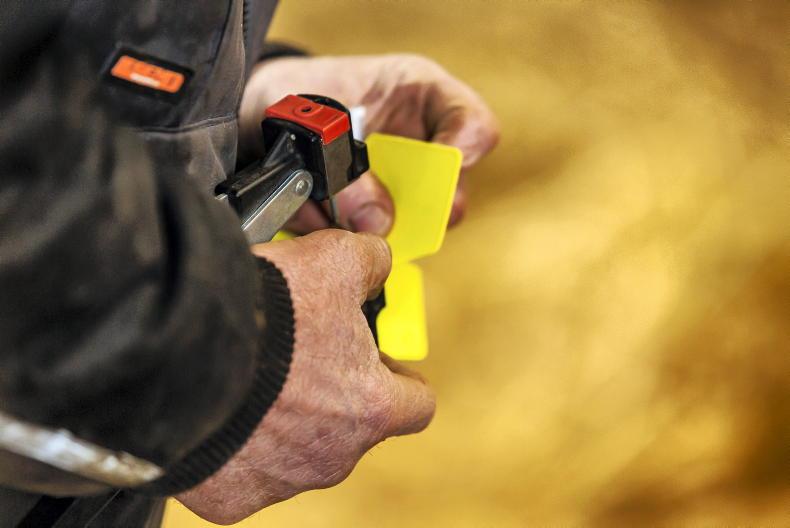

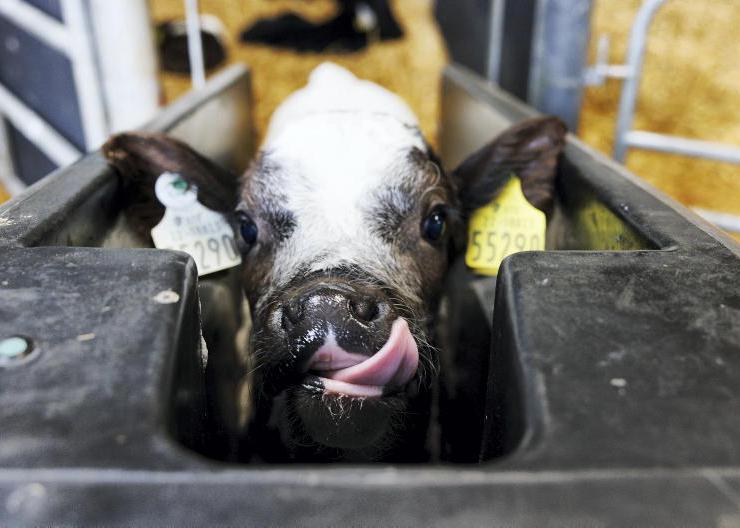
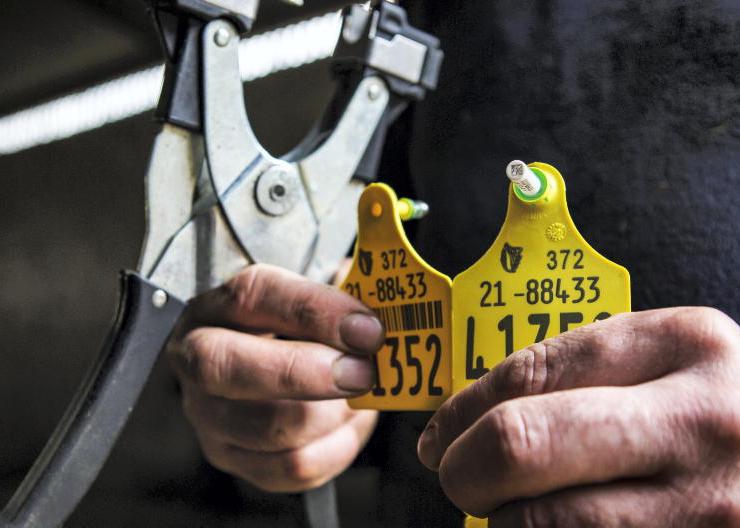
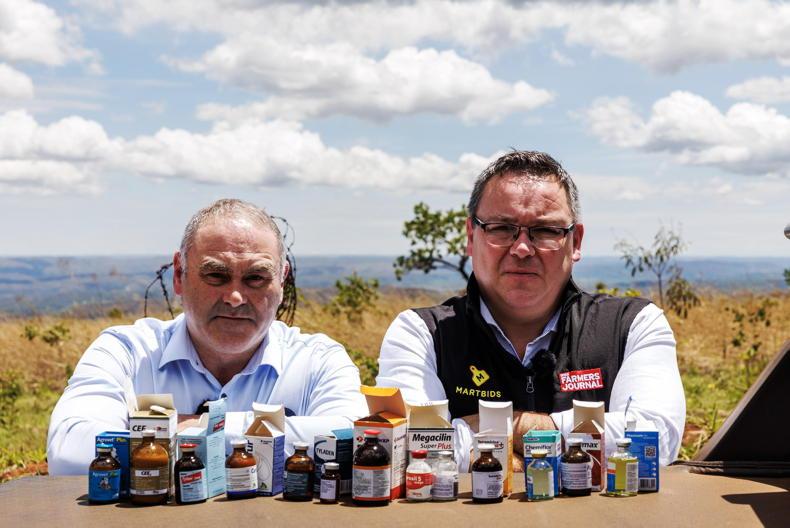
SHARING OPTIONS